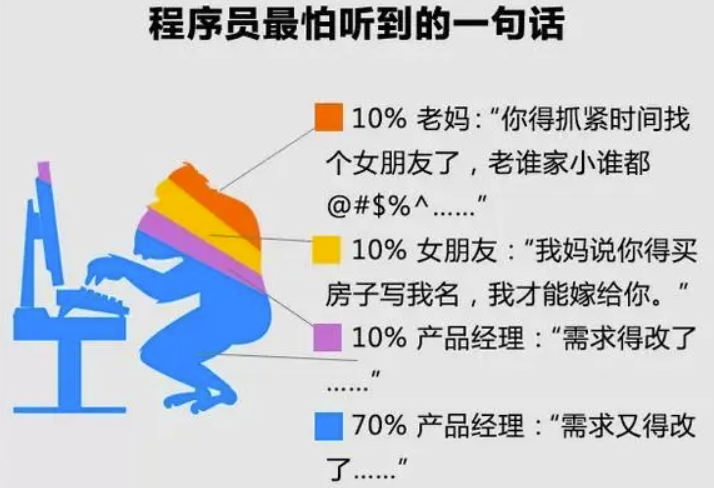China’s aviation industry has seen tremendous growth over the past few decades, with Chinese airlines now operating both domestically and internationally. The industry is highly competitive, with many players vying for market share. To succeed in this competitive environment, Chinese airlines must maintain high levels of efficiency in various domains, including financial performance, operational excellence, and customer service quality.
This essay will explore the efficiency of Chinese airlines by analyzing key performance indicators (KPIs) across these domains. We will examine how well Chinese airlines are performing financially by evaluating metrics such as revenue per available seat mile (RASM), cost per available seat mile (CASM), and load factor. Operational efficiency will be assessed through measures like on-time performance and cancellations, while customer service quality will be analyzed using factors such as check-in times, baggage handling, inflight amenities and customer complaints.
We will also consider external factors that may affect the efficiency of Chinese airlines such as government regulations or geopolitical tensions. Ultimately, this analysis aims to provide insights into how Chinese airlines could improve their overall performance and compete more effectively in the global aviation market.



















